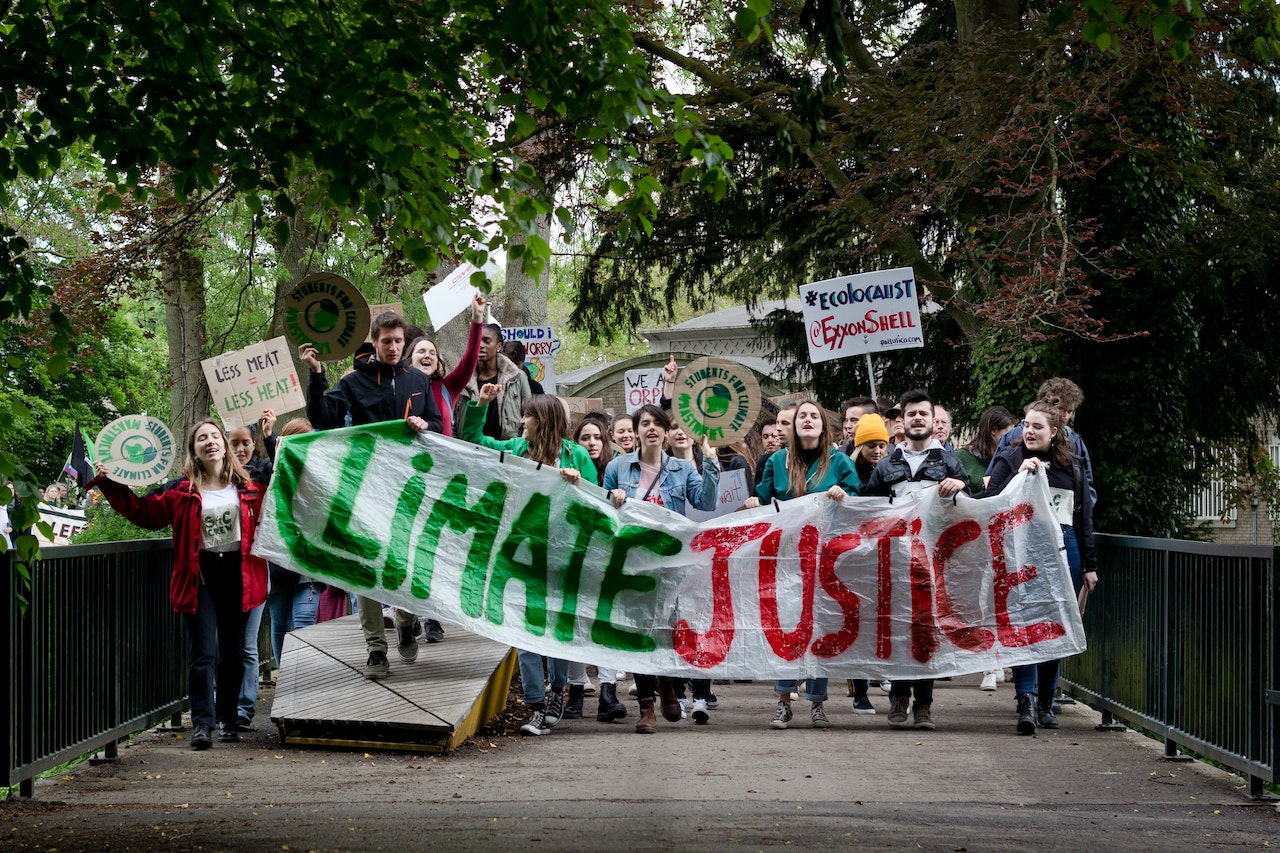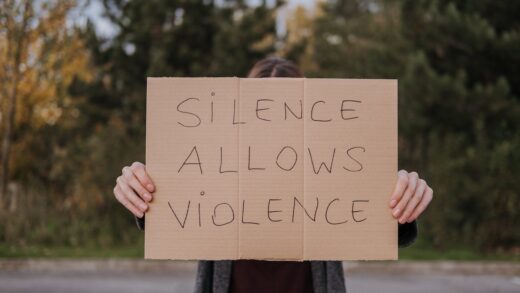10 Reasons Why Human Rights Are Important

Hey there, have you ever considered why protecting human rights is so important in the modern world? The topic may appear unrelated to our everyday lives, yet it has a significant impact on everything in our environment, including the political headlines you read and the way you are treated at work and in your town. Human rights affect every aspect of life, and today we’ll look at ten convincing arguments for why they are essential.
What Are Human Rights?
Let’s define human rights in detail before we get to the meat of the matter. These are the unalienable rights, safeguards, and liberties that every person is entitled to. Human rights were first formalised worldwide after World War II with the Universal Declaration of Human Rights, which were based on the idea of natural law. They transcend boundaries, cultures, and political systems. It’s comparable to a social contract that each of us has with all of humanity.
The Universality of Human Rights
The astounding aspect of human rights is its applicability to everyone. No matter your nationality, colour, or religion, you are born with certain rights. They are widely acknowledged and serve as the basis for numerous international laws and treaties. Human rights serve as a common language that unifies us, from global organisations like the United Nations to regional organisations like the European Union.
Reason 1: Preserving Human Dignity
The upholding of human dignity is at the heart of human rights. It entails defending people from exploitation, abuse, and brutal treatment. In order to combat sexual harassment and racial discrimination, human rights are crucial, as demonstrated by movements like #MeToo and Black Lives Matter. These movements spread because they speak to our shared ideals of what human dignity ought to be.
Reason 2: Ensuring Equality
The biggest leveller in the world is human rights. They make sure that everyone has access to the same freedoms and safeguards, regardless of their background, ethnicity, or economic situation. Human rights work to create a level playing field where everyone starts a race from the same starting line.
Reason 3: Social Harmony and Peace
Respecting human rights reduces the likelihood of conflict and war. Human rights assist settle conflicts by establishing a baseline for fair treatment, whether they be between individuals or between governments. They act as the game’s referee, making sure everyone abides by the rules and fostering more peaceful cooperation.
Reason 4: Moral and Ethical Foundation
Human rights provide a moral and ethical foundation that cuts across cultural barriers. They operate as the global consciousness, directing how people and nations interact with one another. They serve as the foundational elements of a just society.
Reason 5: Rule of Law
Human rights are in many respects the foundation of the rule of law in any democratic society. They serve as the basis for the laws that keep us all accountable, just, and treated equally. They stop the arbitrary use of authority and provide people who are wronged with legal remedy.
Reason 6: Democracy and Governance
Human rights and democracy coexist harmoniously. For a democratic political system to work, there must be rights such as the freedom of expression, the freedom of assembly, and the right to a fair trial. These rights allow individuals to have an impact on decisions either directly or through elected officials.
Reason 7: Economic Development
You might be surprised to learn that human rights play a big part in economic progress. A society where people’s rights are upheld frequently has a higher level of stability and investment appeal. People’s ability to productively contribute to the economy is ensured by their rights to education, employment, and fair compensation.

Reason 8: Promoting Education and Healthcare
Human rights have a big impact on fields like education and health care. It is a human right to have access to high-quality healthcare and education, and when these rights are upheld, a society is more likely to be prosperous and flourish. People who are educated and in good health are more productive and better able to improve their communities.
Reason 9: Encouraging Personal Responsibility
Human rights are about more than simply your rights; they’re also about your obligations to other people and to society. This two-way street makes sure that while you enjoy your freedoms, you also respect the rights and freedoms of others, fostering a social structure with a healthy balance.
Reason 10: Safeguarding the Vulnerable
Children, the elderly, refugees, and minorities are all examples of vulnerable people that human rights have a special role in defending. They shield these groups from exploitation and abuse by providing an additional line of defence and avenues for legal action.
The Road Ahead
The journey for human rights is ongoing. While we’ve come a long way, challenges like social inequality, climate change, and geopolitical conflicts keep raising new questions. But having human rights as a guiding framework makes tackling these challenges a bit more manageable.
Conclusion
So, wrapping it up—human rights aren’t just a lofty ideal or a legal requirement; they’re essential for the betterment of humanity as a whole. They touch every facet of our lives and are the “right” way to approach the complexities of human interaction. Never underestimate the power of human rights; they are, quite literally, what makes us human.









